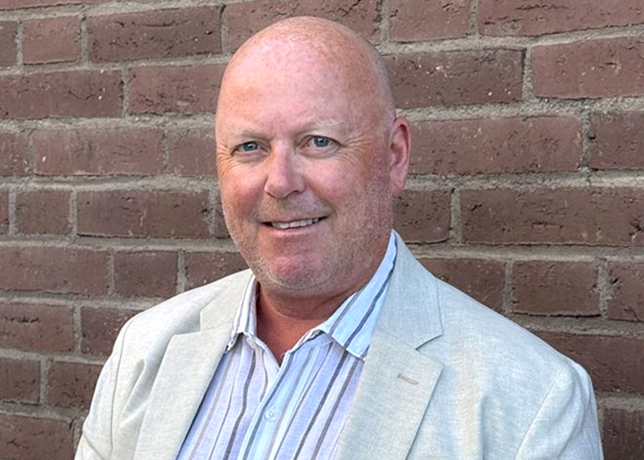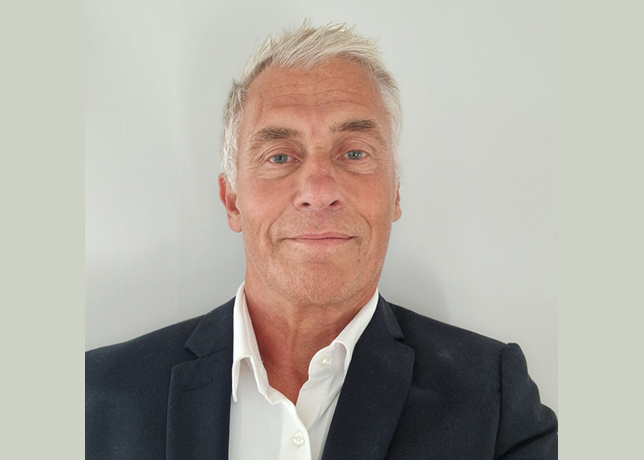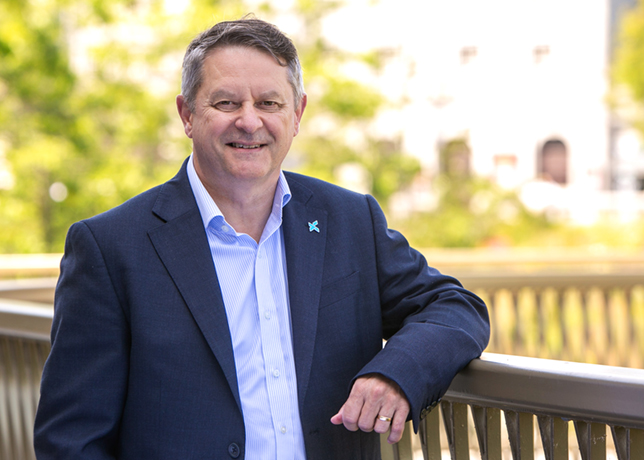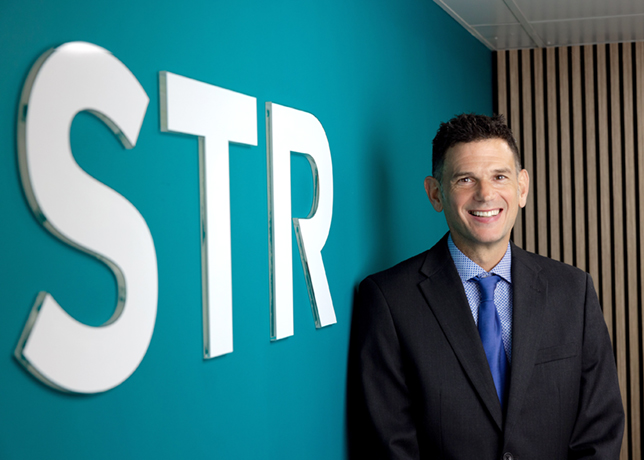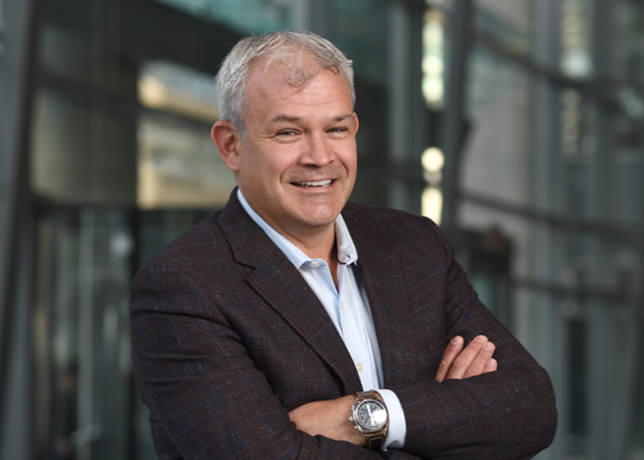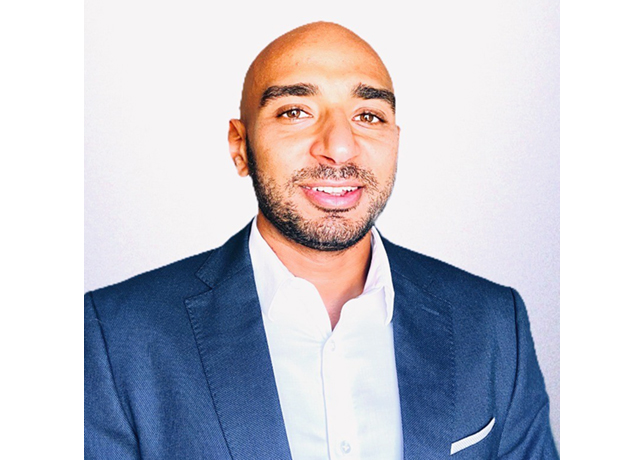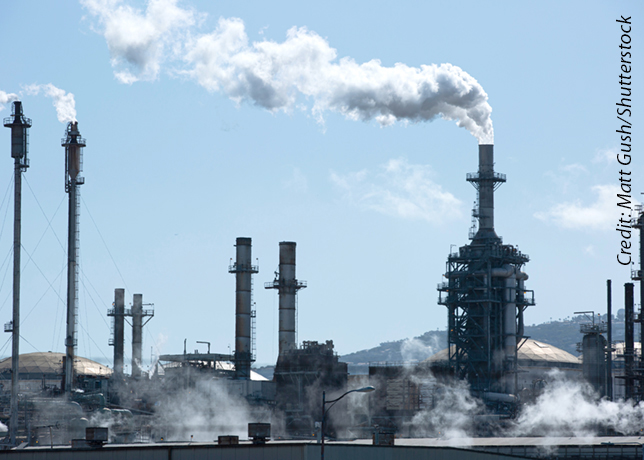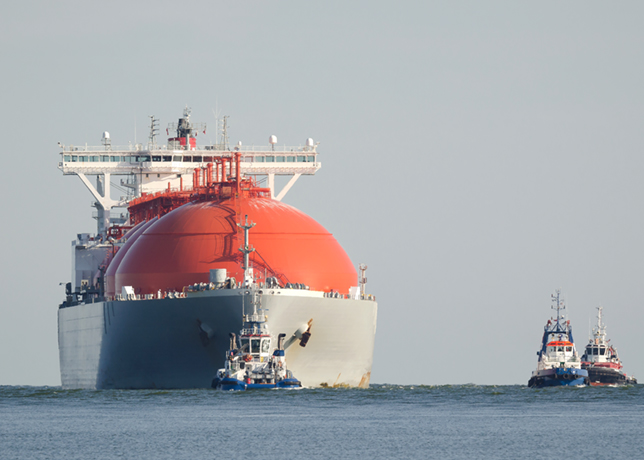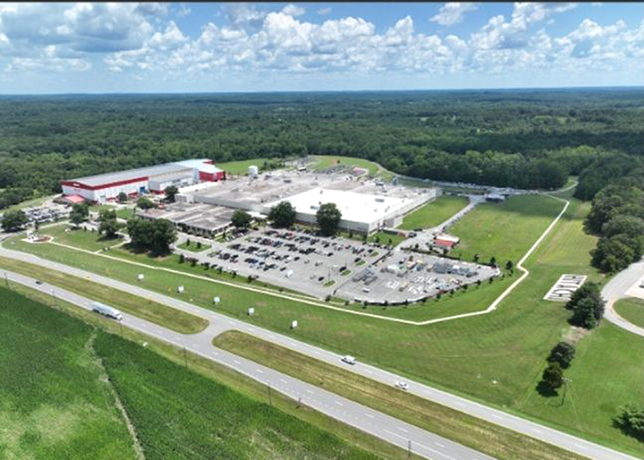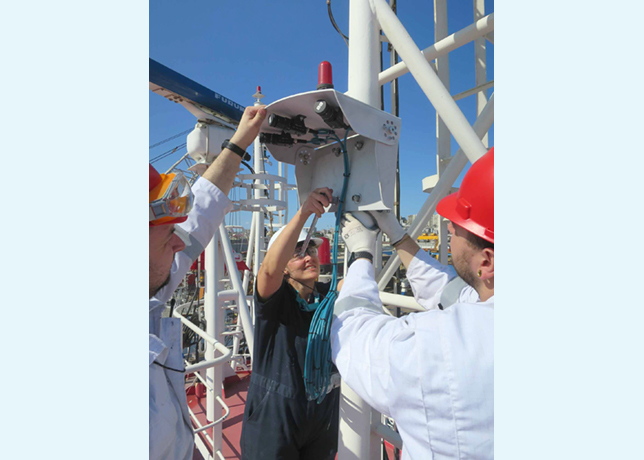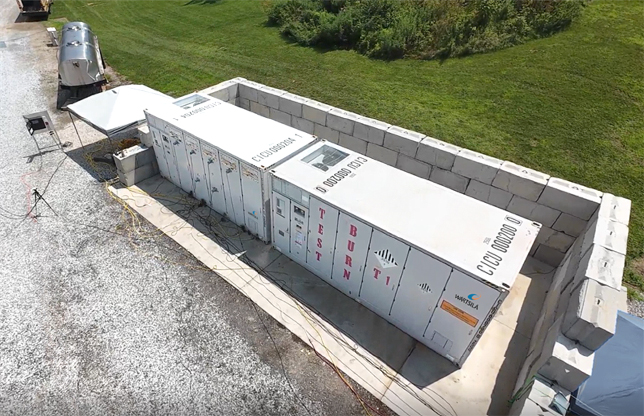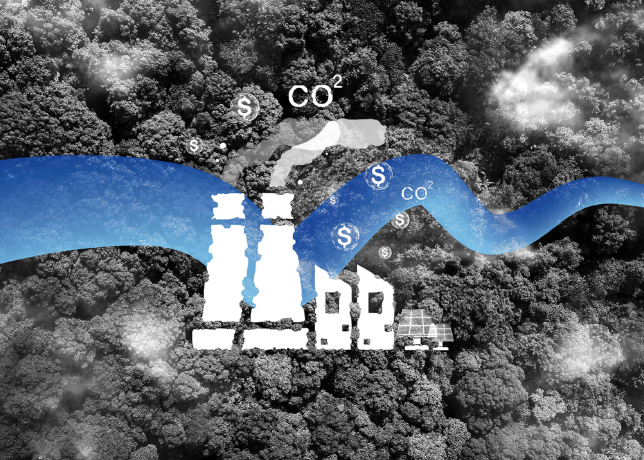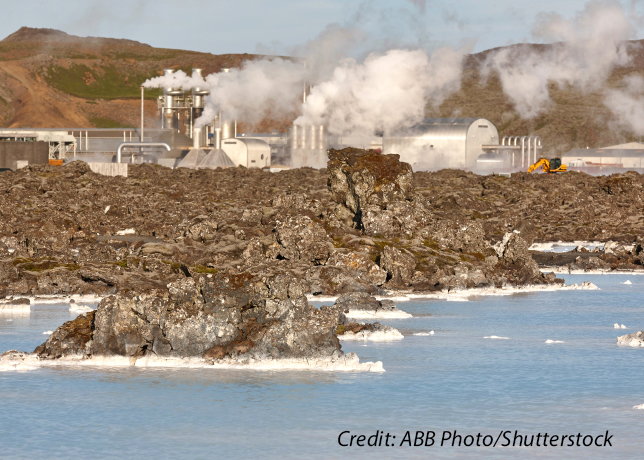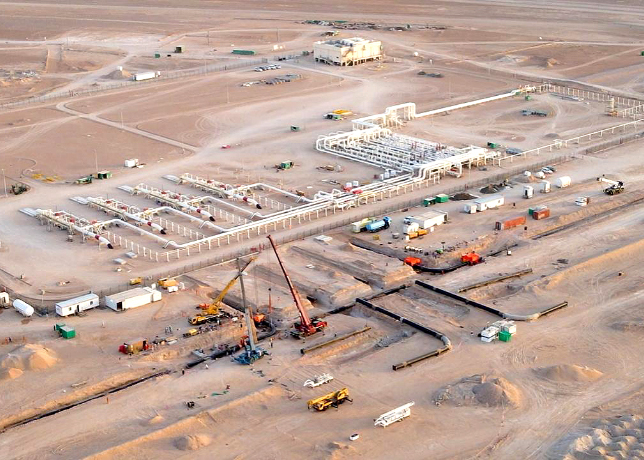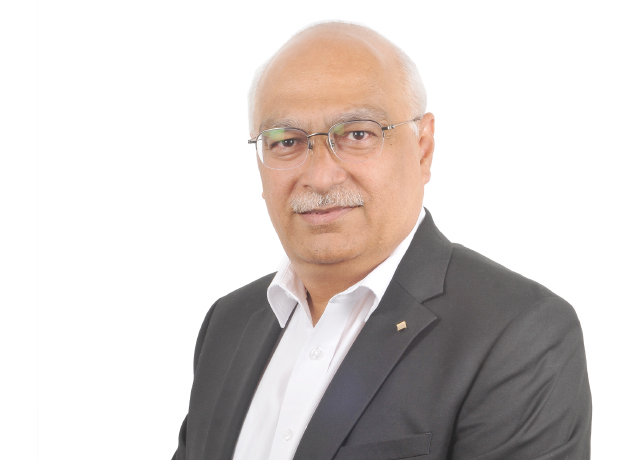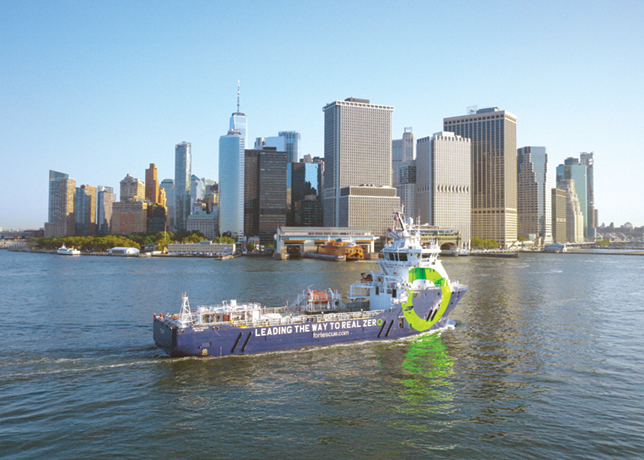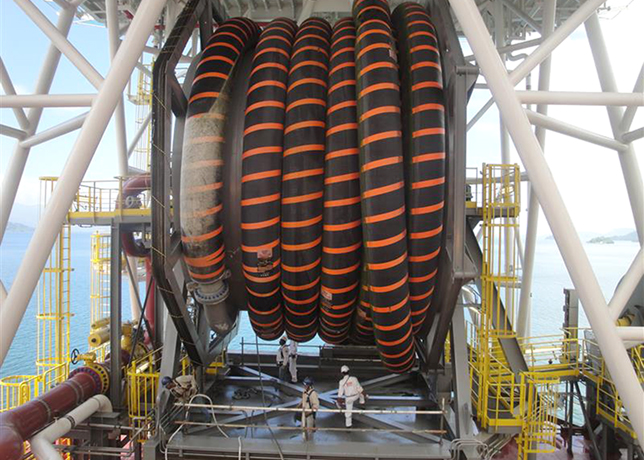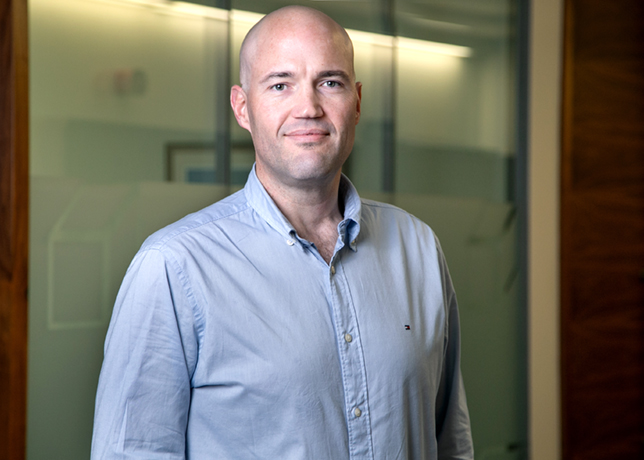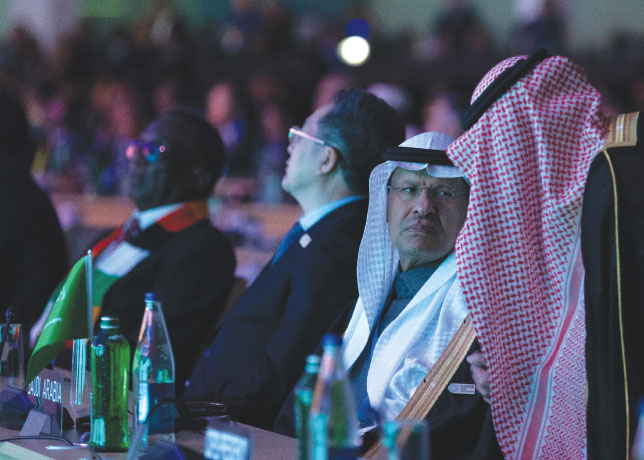
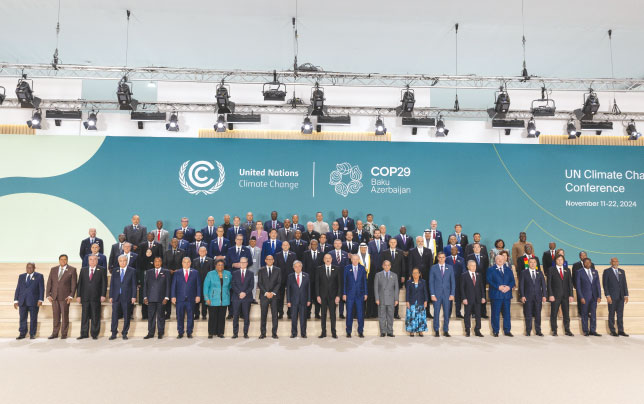 World leaders at COP29 in Baku, Azerbaijan
World leaders at COP29 in Baku, Azerbaijan
At the close of the 29th United Nations Climate Change Conference (COP29) in Baku, Azerbaijan, the world's negotiators failed to meet the expectations of developing nations, leaving many disappointed over the commitment made by developed countries towards climate finance.
A long-anticipated agreement on the financial support for vulnerable nations battling the impacts of climate change fell short of the $1.3 trillion per year target that had been called for.
Throughout the two-week conference, developing countries had urged the wealthier nations to raise $1.3 trillion annually by 2035 to assist in combating climate change, including a substantial portion of public funds.
The target was seen as essential to help finance the necessary adaptation and mitigation measures, particularly in low-income countries most affected by climate disasters.
These nations had originally sought $600 billion in public finance, with the remainder raised from private investments.
However, the final agreement unveiled at COP29 sets a much lower target. It includes a 'core' goal of $250 billion per year by 2035, with the hope that this will come from a mix of public and private sources.
This figure, while an improvement on the previous $100 billion target set under the Paris Agreement, has been met with outrage by many of the poorer nations involved in the talks.
Kenya’s Special Envoy for Climate Change, Ali Mohamed, who also chairs the African Group of Negotiators, expressed his disappointment, calling the proposed figure 'totally unacceptable.'
He warned that such a small amount of funding would lead to catastrophic consequences, stating: '$250 billion will lead to unacceptable loss of life in Africa and around the world, and imperils the future of our world.'
African negotiators were particularly vocal in their criticism, with Alpha Kaloga, a finance negotiator for the African Group, condemning the deal as 'a joke' in a post on social media.
Kaloga was not alone in his frustration. The Alliance of Small Island States (AOSIS), representing nations highly vulnerable to climate change, also condemned the deal, describing it as a 'shoddy placebo goal'.
In a statement, AOSIS added: 'We appeal to the moral conscience of those who proclaim to be our partners to stand with us.'
Bolivian negotiator Diego Pacheco, speaking on behalf of several emerging economies, dismissed the proposed finance goal, labelling it 'not serious' and pointing out its lack of alignment with the principles of the Paris Agreement.
The new financial goal, which replaces the previous $100 billion annual target, forms part of a broader ambition to raise, at least, $1.3 trillion a year from all public and private sources by 2035. However, many are sceptical about whether such a target can be met in time to avert the worst effects of climate change.
While the conference did achieve some progress, including a reaffirmation of a commitment to scale up climate finance, the agreement fell far short of the bold steps that many had hoped for.
Developed nations were urged to increase their financial contributions, but as it stands, the agreement only sets a non-binding target to 'triple finance' to developing countries, increasing from the previous $100 billion to $300 billion annually by 2035.
The goal of $1.3 trillion is seen as a more aspirational figure, calling on a wide range of financial actors, including both public and private sources, to contribute.
Despite the criticism, the agreement reached at COP29 is seen as a vital stepping stone, according to Simon Stiell, the Executive Secretary of UN Climate Change.
He described the new finance goal as 'an insurance policy for humanity' amid worsening climate impacts.
However, he cautioned that promises must be kept to ensure the success of the deal.
'It only works if premiums are paid in full, and on time. Promises must be kept, to protect billions of lives,' Stiell said.
As the world looks toward the next climate conference in 2025, the challenge of securing adequate financing for climate action is far from over.
By Abdulaziz Khattak






